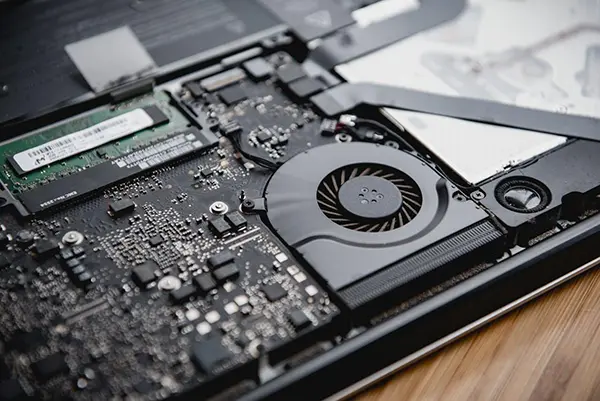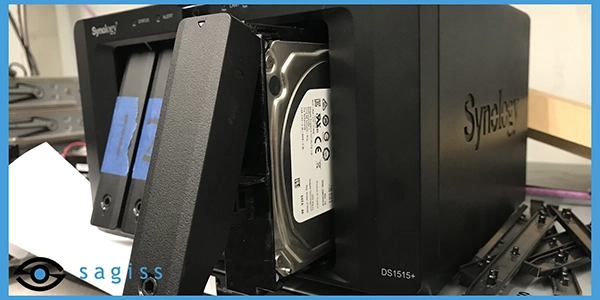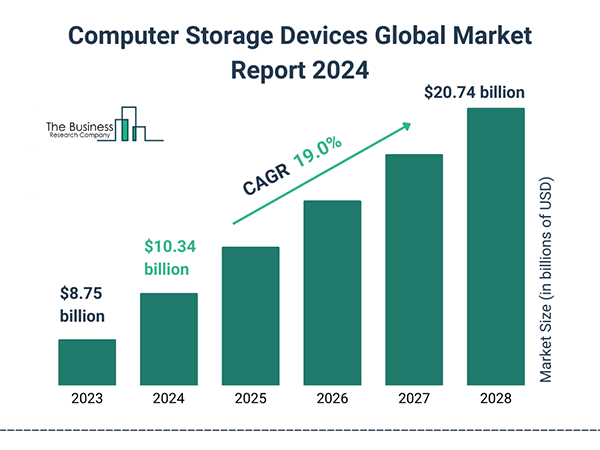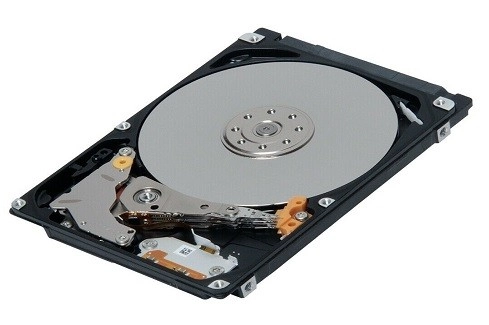
A PC with bad storage is no better than one without a CPU!
I’m the type of person who wants only the best because I never compromise on accuracy. A few years back, I got a great PC but didn’t pay much attention to its memory, which was a bad decision.
A case study explains: “Computer hard drive chips are a basic part of the computer used to store information. They provide one of the core functions of the modern computer” (ResearchGate: Computer Storage Devices).
So, on to our main topic in this write-up: the role of storage in computer performance. I’m writing this so you can avoid certain mistakes and have your device work perfectly.
Before learning how it affects the effectiveness of your computer, you should know that there are different types of storage:
People have switched to SDDs because they give better performance and can keep up with various tasks that HDDs can’t handle properly.
You might ask why storage matters. It’s straightforward: Good memory offers speed and responsiveness, which are the essential components of operation. Tell me, would you use a device that lags and delays all your work? No, you won’t.
A suitable file system type like an SSD works just amazing, and that’s why it’s everyone’s first preference. You can even check out the best installing SSD guide and try it yourself.

It’s obvious that size matters given that, depending on your system’s capacity, only that much material can be stored. You can’t exceed that limit. You can just increase it or clear things that aren’t needed.
Insufficient capacity slows down your appliance and makes it irritable to use. So, never compromise with the repository. The more, the merrier.
If your setup takes time to start after a while, that is only because of your storage. SSD usually turns it on instantly, but HDD can take up a lot of processing power. But why does this happen?
It occurs because SSDs can transmit memory faster, resulting in reduced boost rates even after logging in to your system after days or weeks.
The speed at which your system transfers data and allows file access is crucial. This will allow the opening of large documents, the transfer of files between two machines, or the seamless loading of any game.
Just so you know, the computer vault industry alone was worth $10.34 billion in 2024 and is expected to reach twice that amount by 2028.

I use my personal computer for gaming, and that’s probably the only thing I use it for, so the drive is as important to me as a graphics card or RAM. It increases my gaming satisfaction because there is no lag or delay.
If my system lacks this or its capacity has been used up, I won’t have a good experience, and many applications might not even function.
Many might think that storage is long-lasting or simply can last forever. This is false, as it can be worn down or damaged over time. If you want to increase its longevity, you have to take some steps.
For example, keep it away from extreme temperatures or install a cooling processor. Protect it from physical shock and avoid keeping it near excessive vibration.

If you want peak quality, you have to take care and properly maintain your storage. Here are a few things that you can do:
If you are using HDD storage, do defragmentation. When you delete certain files, some of them scatter on the hard disk. This process gets rid of those scraps.
FUN FACT
The first known personal computer was created by John Blankenbaker in 1971. It had 256 bytes of memory!
You can upgrade your storage based on your needs. If you are doing light work, go for 256GB. The minimum for storing images, videos, and downloading movies should be 500GB.
For heavy tasks like gaming, content creation, and video editing, 1-2TB is ideal. This will give you a fast performance, and you’ll be able to do the rest of the things.
